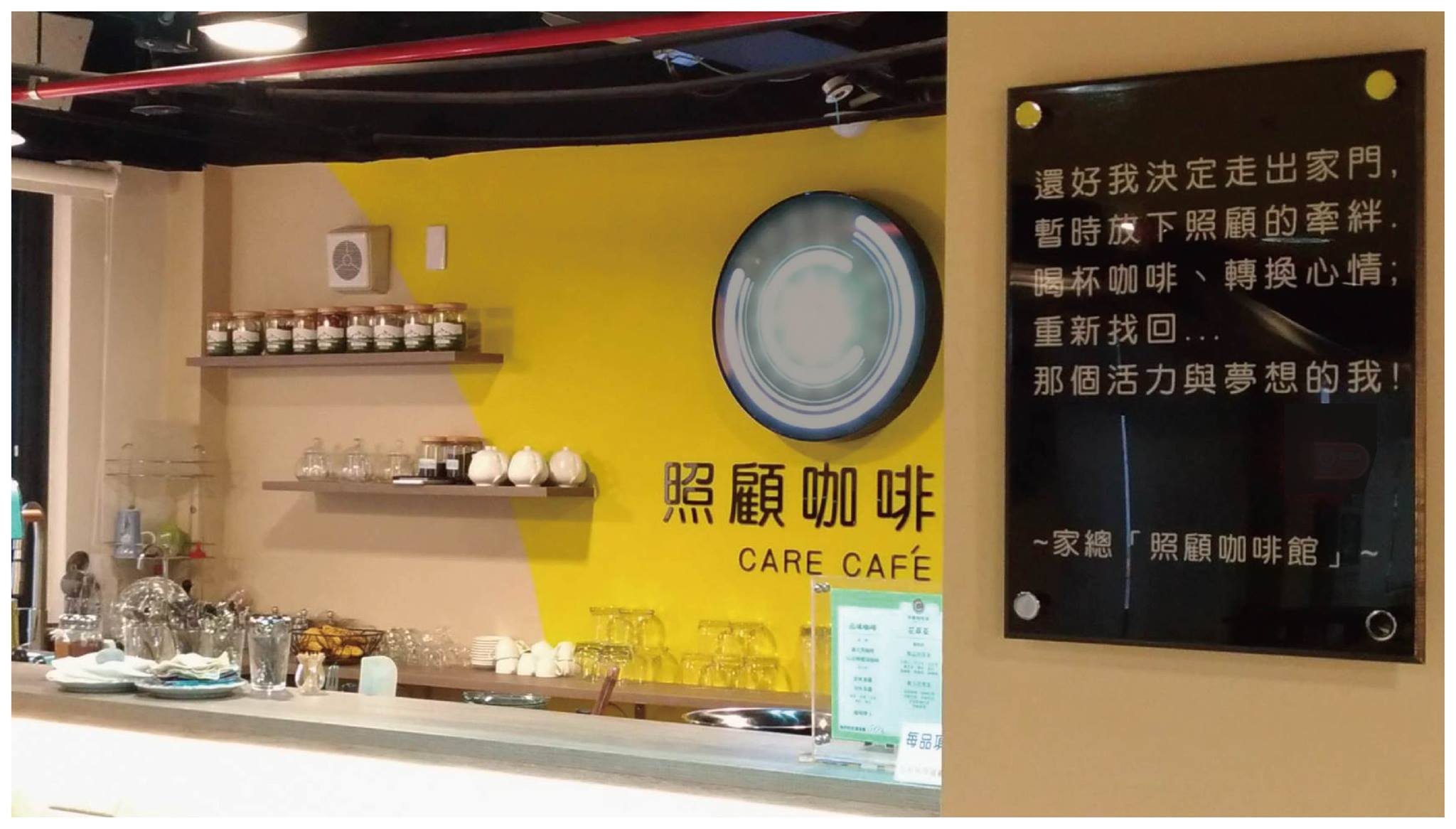
Enhancing the physical and mental wellbeing of caregivers necessitates not only the individual caregiver's efforts, but also the cooperation of their workplace, community, and policy.
At the individual level, caregivers are encouraged to prioritize their physical and mental wellbeing by paying attention to stress signals and practicing self-care techniques such as mindfulness and breathing exercises. Local studies have demonstrated that mindfulness can improve caregivers' self-evaluation of various psychological states, including stress, depression, anxiety, and mindfulness which can promote regular self-care habits with its safety, simplicity, and versatility. Similarly, international research has shown that mindfulness can alleviate depression, enhance self-efficacy, and mitigate the distress associated with pain, providing a valuable tool for caregivers seeking to improve their wellbeing.
Empowering Working Caregivers - Building a More Compassionate and Supportive Workplace
A workplace culture that prioritizes mental health can empower employees, including working caregivers, to better cope with unexpected challenges and build resilience. Over time, this focus on mental health can also improve employee productivity and teamwork, promote open communication, and prevent physical and mental health issues from escalating. By creating a supportive work environment that encourages employees to prioritize their wellbeing during difficult times, employers can avoid team friction and ensure that everyone has the capacity to perform at their best.
Research shows that when employees feel that their work environment is concerned about their mental health:
- 60% would recommend their company to others around them
- 59% feel a greater sense of belonging
- 56% work more efficiently
- 50% are less likely to take time off work
In addition to enhancing employee productivity and job satisfaction, the company will also enhance its reputation and truly live up to its "Environmental, Social, and Governance (ESG)" values and move towards sustainable management.
Employers can take steps to support working caregivers by implementing a range of caregiver-friendly policies and practices, such as:
- flexible work hours and locations
- paid leave for caregivers
- workshops tailored to the needs of staff and informed by current social trends. These workshops can cover topics such as self-care, mindfulness, gerontechnology, and care food for people with chewing and swallowing difficulties.
- Caregiver Clubs or Social Networking Groups, providing a regular forum for caregivers to share experiences, connect with others, and engage in social activities.

Prioritizing Self-Care: Creating Breathing Room in Your Life
Beyond the workplace, government and community organizations can play a vital role in promoting the accessibility and diversity of respite services, empowering caregivers to prioritize their own rest and relaxation, intentionally cultivate self-care habits, and regularly release their worries and anxieties.
According to the “Caregiver Respite Needs Study” (Hong Kong Council of Social Service, 2021), over 60% of the respondents used four of the different types of respite services, including
- Home respite service or domestic help
- Residential respite service
- Outings to relax
- Hotlines and peer groups (e.g. Whatsapp hotline)
According to the caregivers interviewed, respite services provide a valuable opportunity to engage in enjoyable and relaxing activities, effectively reducing mental stress and physical fatigue. By creating space and time for caregivers to cultivate self-care habits, reduce daily anxiety and stress, and honor their emotional needs, respite services can help caregivers accept themselves in times of adversity and proactively seek out solutions.

Policy efforts to establish a more systematic community support network for caregivers should begin with a focus on strengthening public education and awareness campaigns to promote caregiver support and engagement within the community, for example, distributing posters and pamphlets at community centers and general outpatient clinics and organizing caregiver awareness weeks.
As a member of the community, you can make a difference by showing compassion and support for the caregivers in your midst. A simple greeting or kind gesture can brighten their day and make them feel seen and appreciated. You can also help raise their awareness of the support services available to them by introducing them to community resources at the right time. By empowering caregivers to seek help and make the most of available services, you can help them navigate the challenges of caregiving with greater ease and confidence.
The Community Support Network can also draw in volunteers who are trained or interested in caregiver support, experienced fellow caregivers, or small stores, churches, schools, etc. in different forms of support services, such as support teams or district centers, which provide services such as temporary respite care and space for caregiver-related information, rental/loan services for various assistive devices, emergency support hotlines, group and relaxation activities, etc.

(The Fuh Hwa Carer Café in Taiwan offers respite activities for family caregivers.)
Anyone can become a caregiver, at any time in their life. They are an important part of our community and should be acknowledged for their dedication. May they find companions along the way, and draw energy from the journey of self-care, renewing their spirits and strengthening their resolve.



